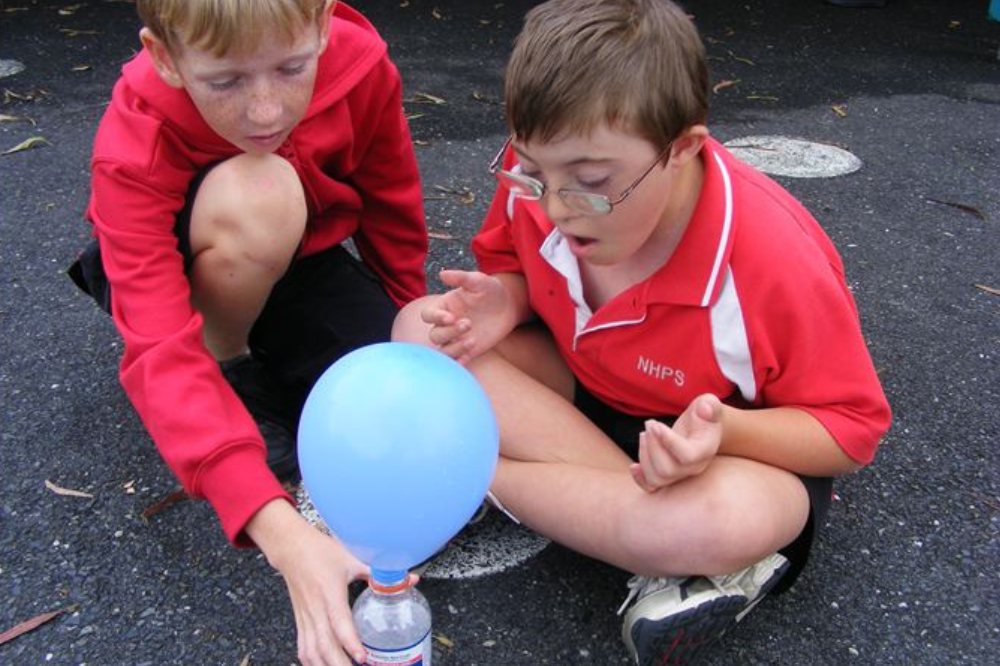
In June 2022, a Royal Commission hearing found that students with disabilities were routinely being let down by a widespread lack of support across both mainstream and specialist schools.
In response, leading specialists in inclusion and disability have called for an urgent overhaul of legislation. However, while governments have been in consultations with disability groups on how this can move forward, new research shows that in some states the problem may be getting worse.
A new investigative paper purports to have exposed “the depths of exclusion, frustrating complaints processes and the impacts of systemic disadvantage on both students and schools” within the NSW education system.
The paper ‘Falling behind: A need for inclusive education’ which was produced collaboratively between Family Advocacy and Disability Advocacy NSW, found students with disability are often excluded from classroom activities due to low funding, staff and resource shortages and lack of capacity, while other schools lacked expertise, knowledge or skills to provide inclusive education.
As the Systemic Advocate and Campaigns Manager at Family Advocacy for the last five years, Leanne Varga has been pursuing long-term social change to ensure their collective rights and interests are served through legislation, policies and practices.
Below, Varga shares 12 habits of highly effective inclusion that schools can use to improve the wellbeing, and outcomes of, young people with a disability.
1 - Leadership: Children with disability flourish when leadership in the early learning environment ensures children with a disability are valued and disability is viewed as adding diversity to the class.
2 - Natural Proportions: Children with disability should be spread out in natural proportions rather than being grouped together by the category of their disability.
3 - Support: Support needs to come direct from the teacher rather than aides (school learning support). We need to move away from 1:1 support.
4 - Time for Planning: teachers should have sufficient co-planning time to ensure children with disability have adequate and appropriate support and reasonable adjustments made.
5 - Mobile services: rather than taking a child out of the regular classroom, services should be delivered in the context of the regular classroom. Learning skills in a natural environment is more effective than practicing a new skill in an isolated setting once or twice a week.
6 - Specialist Teachers: should be supporting the teacher in the regular classroom
7 - High expectations: assume every child can learn without requiring evidence of their capacity. Inclusive education needs no prerequisite skills.
8 - Collaboration: develop partnerships based on mutual commitment, trust and respect between the early learning centre and the student and their family/ guardian.
9 - Peer Learning: To foster friendships and avoid micro exclusion in classrooms, instigate peer learning opportunities.
10 - Changed mindsets: are required for inclusive education where traditional views of education are transformed.
11 - Continuous reflection: required on practices, policy, values and beliefs and how they impact the inclusion of children with disability.
12 - Student and parent voice: acknowledge the lived experience of the child with a disability and their parent, their experiences, their needs and their solutions.


